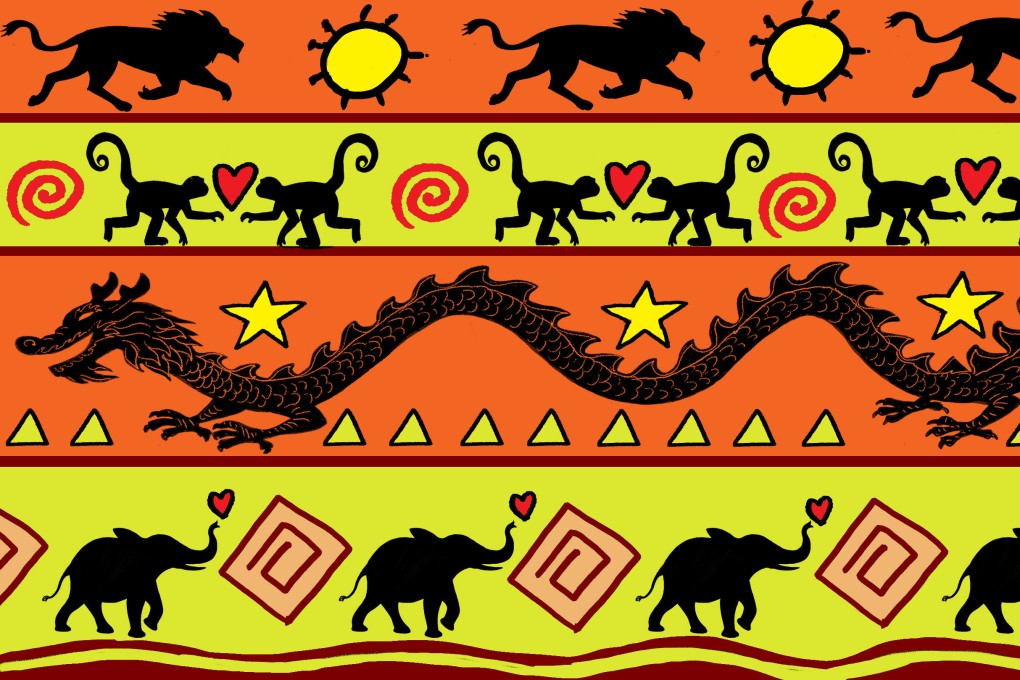Opinion | Six reasons Africa finds China attractive, and Western criticism of its relationship unjust
- Africa sees China as an inspirational development partner that can help it forge its own economic path and reject the narrative that the continent is a passive victim of exploitation

Although the evolving China-Africa relationship is far from perfect, the negative picture painted in the West needs to be challenged. And both China and Africa need to take responsibility for the shortcomings in their relationship, and try to resolve them.
China has defended itself against the accusations of neocolonialism, declaring that its intentions in Africa are well meant and for mutual benefit. This defence has been mounted at the highest level, with President Xi Jinping making clear China’s role in Africa at the 2018 Forum on China-Africa Cooperation.
“China has followed the principle of sincerity, real results, amity and good faith and the principle of pursuing the greater good and shared interests,” said Xi. “China has stood with African countries. Together, we have worked in unity and forged ahead.
